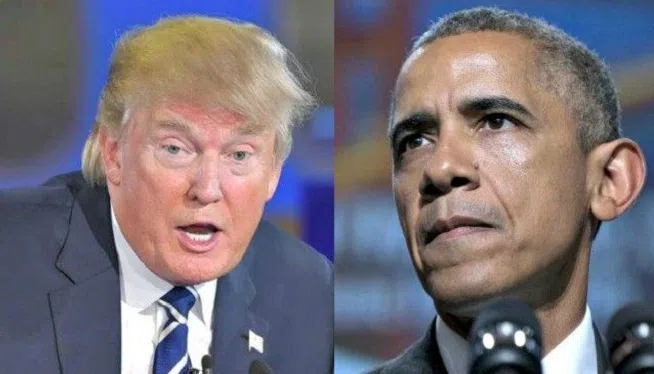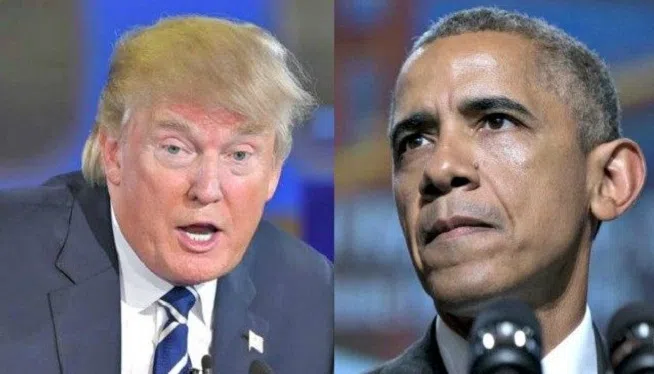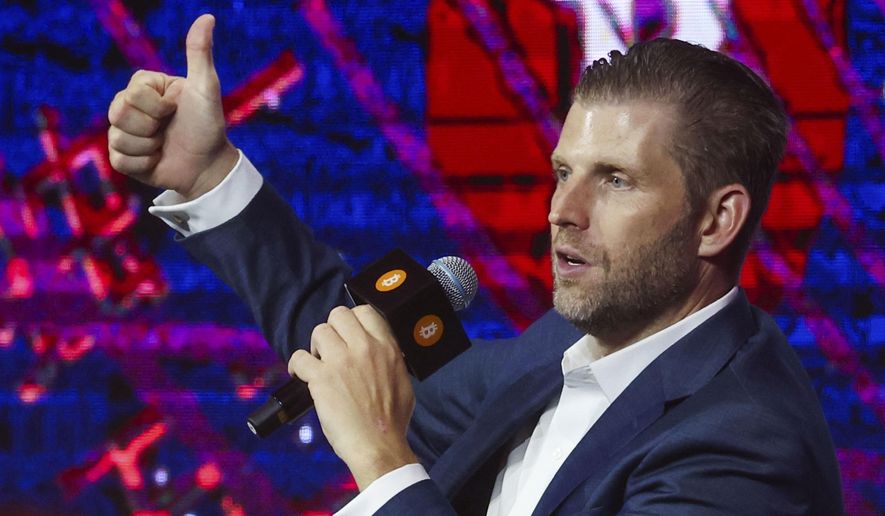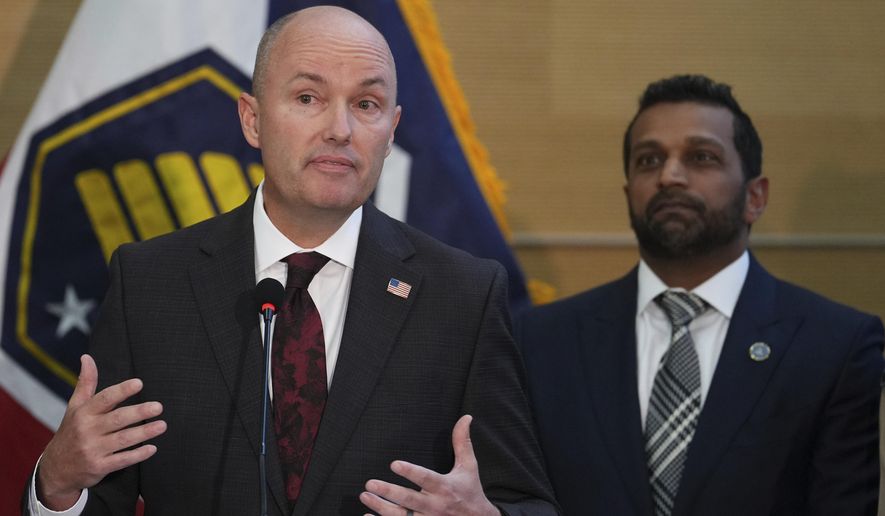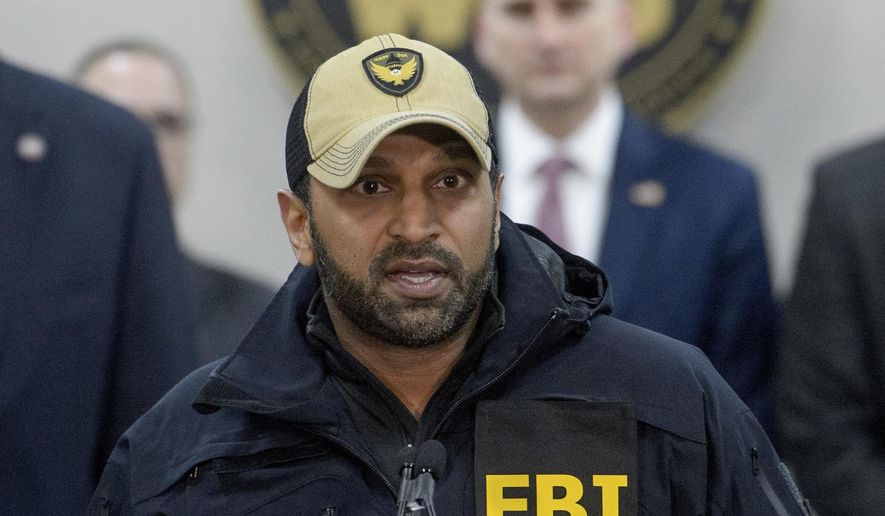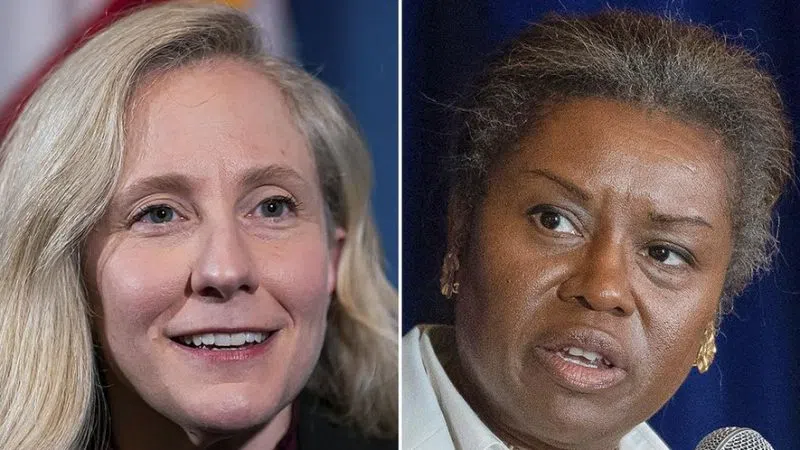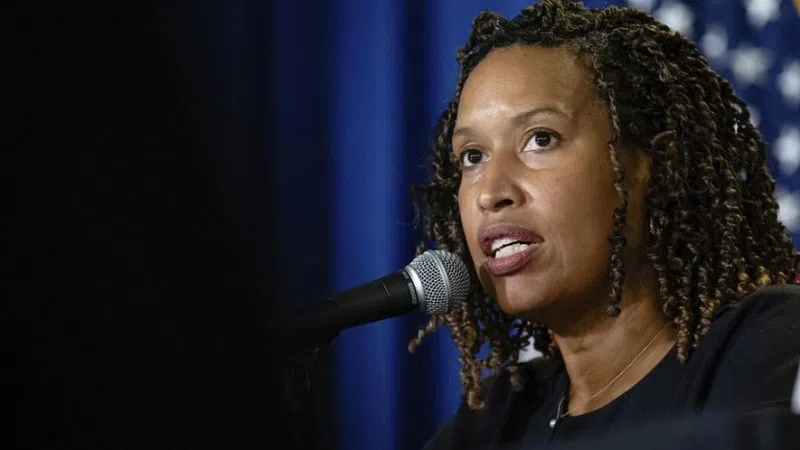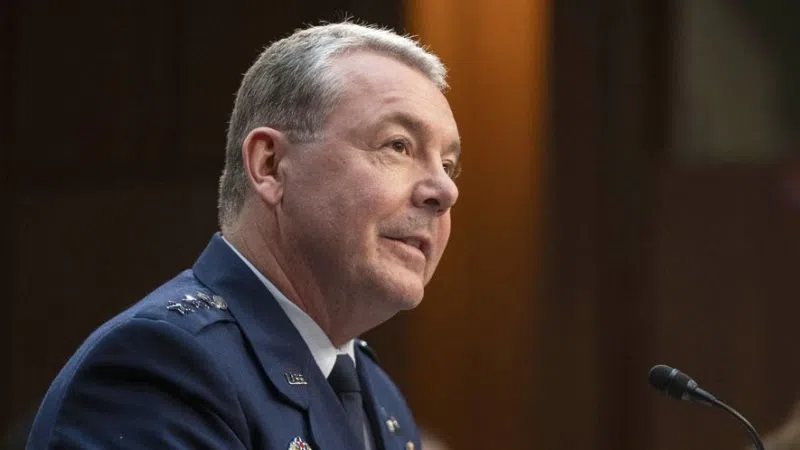WASHINGTON — (CNN) Donald Trump’s ears must have been burning.
The political establishment that the billionaire outsider’s army so despises united in a rare moment of bipartisan unity on Tuesday night — against him.
President Barack Obama turned his valedictory State of the Union address into a repudiation of the partisanship, intolerance, and alienating rhetoric for which he believes that the GOP front-runner stands.
Then, Nikki Haley, the Indian-American governor of South Carolina who pulled down the Confederate flag last year, used the Republican Party’s televised rebuttal to urge Americans to defy the “angriest voices” tearing at her party during a fractious 2016 primary.
“Some people think that you have to be the loudest voice in the room to make a difference,” Haley said. “That’s just not true.”
Neither Obama, the lame duck president edging off the stage, nor Haley, a rising Republican star with a possible national future mentioned Trump by name. They didn’t have to. Trump has dominated the political discussion since he entered the presidential race last year. And in a way, their added focus on Trump represented a backhanded compliment to The Donald, who no one took seriously at first.
After watching the political intrigue unfold in Washington and Columbia, South Carolina, from his lavish private jet, Trump delivered a characteristic verdict on Twitter.
“The #SOTU speech is really boring, slow, lethargic – very hard to watch!”
It’s too early to speculate on how the flamboyant former reality show star would reinvent the State of the Union address as president.
Both Obama and Haley, of course, didn’t shy away from political shots while decrying the type of rhetoric the see in the Trump-ian corner of American politics.
The President decried the GOP’s “World War III” foreign policy and most strands of the party’s platform. Haley responded with faint praise, saying his presidency had “fallen far short of his soaring words.”
There was no mistaking the seriousness with which Obama is now taking the restive political mood that is producing one of the most angry, volatile and unpredictable presidential election races in memory.
For Obama, the antidote to Trump is clear — it’s the politics of 2008.
Despite everything — the gridlock, the acidic politics, the stubborn hard-to-end wars, the battle over health care and the expectations he set for himself and struggled to meet, Obama still believes in the politics of hope.
“I believe in change because I believe in you!” Obama declared at the end of his speech, echoing the rallying call: “we are the change we seek,” from his first White House campaign to bookend a presidency now in its final stretch.
In some ways, the politics of Trump is the exact inverse of the politics of Obama.
While the President believes the United States is at its greatest when it is pushing the barriers of progressive change, Trump speaks effectively for those Americans who believe his transformative rhetoric threatens long-held national truths they hold dear.
At one point, Obama employed a familiar trope to counter the politics of division. He transitioned for a moment back to the compelling young speaker who announced himself to the world at the Democratic convention in 2004 in Boston, with his theme that “there is not a black America and a White America and Latino America and Asian America – there’s the United States of America.”
On this night, Obama took on the tone of a preacher when he urged Americans to listen to voices that “help us see ourselves not first and foremost as black or white or Asian or Latino, not as gay or straight, immigrant or native born; not as Democrats or Republicans — but as Americans first.”
Deep in his speech, Obama tried to rationalize Trump’s appeal.
He acknowledged that technological change, automation, globalization, and competition from developing states threatened “our uniquely American belief that everybody who works hard should get a fair shot.”
But the proper response was through national unity, by celebrating the nation’s diversity and by doubling down on “our optimism, our work ethic, our spirit of discovery and innovation,” he said.
“How do we make our politics reflect what’s best in us, and not what’s worse?” he asked in an apparent repudiation of what a progressive would decry as Trump’s capacity to give voice to the grievances splitting American society.
Beseeching Americans to listen to the better angels of their nature, Obama warned of those “who told us to fear the future, who claimed we could slam the breaks on change.”
Obama, the first African-American President, who early in his first term traveled to Cairo to seek a “new beginning” with the Muslim world, appeared pre-occupied that his administration will end amid a torrent calls for a new civilizational struggle against radical elements of Islam following the march of ISIS across the Middle East and attacks it plotted or inspired in Paris and California.
“We need to reject any politics that targets people because of race or religion,” he warned, citing Pope Francis’s call for tolerance last year from the same spot in the House of Representatives.
In a comment that seemed directly aimed at Trump’s brand of unfettered straight talk and calls for an entry ban on Muslims, Obama said “that’s not telling it like it is. It’s just wrong. It diminishes us in the eyes of the world … it betrays who we are as a country.”
Haley is far to the right of Obama on the political spectrum. But her message was eerily familiar. And her selection as the official respondent to Obama was no mistake by Speaker Paul Ryan, a former GOP ‘young gun’ who is deeply conservative but wants to turn his party towards fighting for the poor and criminal justice reform.
With her South Asian heritage but Southern roots, Haley is exactly the kind of face the GOP had hoped to project — more inclusive, more attractive to minorities — and to women — before the insurgent, anti-elite tornado named Trump arrived.
Haley recalled the terrible days last year when an armed man bent on inciting a race war gunned down black worshipers in Charleston church but noted her state “would not allow hate to win” and resolved to remove the Confederate flag, a sign of racial division for the African American community from government buildings.
She said the lesson was that it would be wrong to equate “noise with results.”
“Some people think that you have to be the loudest voice in the room to make a difference. That’s just not true. Often, the best thing we can do is turn down the volume. When the sound is quieter, you can actually hear what someone else is saying. And that can make a world of difference.”
If Haley was making a point about the presidential race, as she surely was, it does not take a genius to identify the noisiest candidate in the room.
But Haley had to walk a fine line, reflecting the tensions hammering the Republican Party just three weeks before the first votes are cast in the presidential race.
She asked Americans not to follow that “siren call of the angriest voices” in an anxious time, and appeared to reject Trump’s call for a temporary ban on Muslims coming to the United States.
“No one who is willing to work hard, abide by our laws and love our traditions should ever feel unwelcome in this country,” she said.
“At the same time, that does not mean we just flat out open our borders,” she added. “We cannot continue to allow immigrants to come here illegally, and in this age of terrorism, we must not let in refugees whose intentions cannot be determined.”
Haley and Obama were both clearly making the bet that there are more Americans that disdain Trump’s political style than feel validated by it.
Former Obama adviser David Axelrod, who is now a CNN analyst, predicted that his former boss would drive home Tuesday night’s argument for the rest of this election year.
“He is a guy who believes we are an American community and we shouldn’t turn on each other,” said Axelrod.
But there is no denying that Trump has managed to speak for a particularly anxious, disillusioned and vocal sector of the Republican Party electorate — and perhaps beyond — who believe finally someone is talking for them.
So it’s likely that Trump will embrace the disdain of part elites on display on Tuesday night as a badge of honor.
CNN analyst and Hillary Clinton supporter Paul Begala said it was a good night for Trump because he was singled out by both Obama and Haley.
Given the attacks, Begala said Trump’s likely response will continue to resonate: “See, the establishment is out to get me.”
The-CNN-Wire ™ & © 2016 Cable News Network, Inc., a Time Warner Company. All rights reserved. (PHOTOS: AP)
